Dear Friends,
We will be open through the COVID-19 shutdown for a limited range of services:
- sick pets
- emergencies
- Vaccines for certain patients only:
– Pets with no vaccine history
– Puppies and kittens
– Boosters for diseases of public health concern (rabies and leptospirosis) – this will vary from pet to pet, depending on their prior history, and will be decided on a case-by-case basis
- Refills of food and medication
We are not doing routine appointments at this time. They will be rescheduled once things return to normal.
We are doing our part to keep our community safe and reduce social contact, so we have changed our operating procedures:
For Appointments/Emergencies:
When you arrive, please phone us from your car. We will come out to your car to get your pet and gather any necessary information (we may do this by phone). We will bring your pet into the clinic for an assessment while you remain in your car. Once we have completed the assessment, we will call your cell phone to discuss the exam findings and outline the treatment plan. If you do not have a cell phone, we will have this discussion with you outside. Once we have finished treating your pet, we will bring them back out to you. Medications, food, etc. will be placed in the green bin outside the front door for you to take home.
For Food or Medication Orders:
Please call 3-5 days in advance for orders whenever possible – due to people panic-buying pet food, our distributor has a backlog of deliveries to make and they are taking longer than normal. There is no shortage of pet food or medications, our deliveries are just taking longer to arrive. We are also limiting food orders to no more than 4 weeks’ supply per client to avoid contributing to the problem.
Please phone us before you come over so that we can (a) confirm that we have what you need in stock and (b) can have your order ready for you. When you arrive, phone us from your car to tell us you are here and we will place your items and receipt in the green bin at the front door for you to pick up.
You can also use our online ordering platform to order your pet’s food and supplies. It can be accessed from our website. If you’re not already signed up for it, please email us at reception@clintonvet.ca and we will get you registered.
*We ask that, whenever possible, payment be made by electronic means – i.e. with a credit card over the phone or by etransfer – to reduce our reception staff’s exposure to members of the public. E-transfers can be sent to reception@clintonvet.ca
If you must use the debit terminal (ours doesn’t have tap), our staff will take precautions to minimize their exposure. Please do not use cash unless absolutely necessary!*
We are operating on a reduced staff and may not be able to answer the phone right away, so please leave us a message and we will get back to you as soon as possible. If your message is not urgent, please leave the answering machine free for clients with urgent calls and instead email us at reception@clintonvet.ca and we will get back to you as soon as we can.
For out-of-hours emergencies, the London Regional Veterinary Emergency Clinic is still open for true emergencies only and can be reached at 519.432.3300 – phone them before you leave for further instructions on their procedures.
Please check our Twitter (@VetClinton) and our Facebook page for updates as they become available. Thank you for your understanding during this unprecedented situation and we hope to be able to return to normal soon!

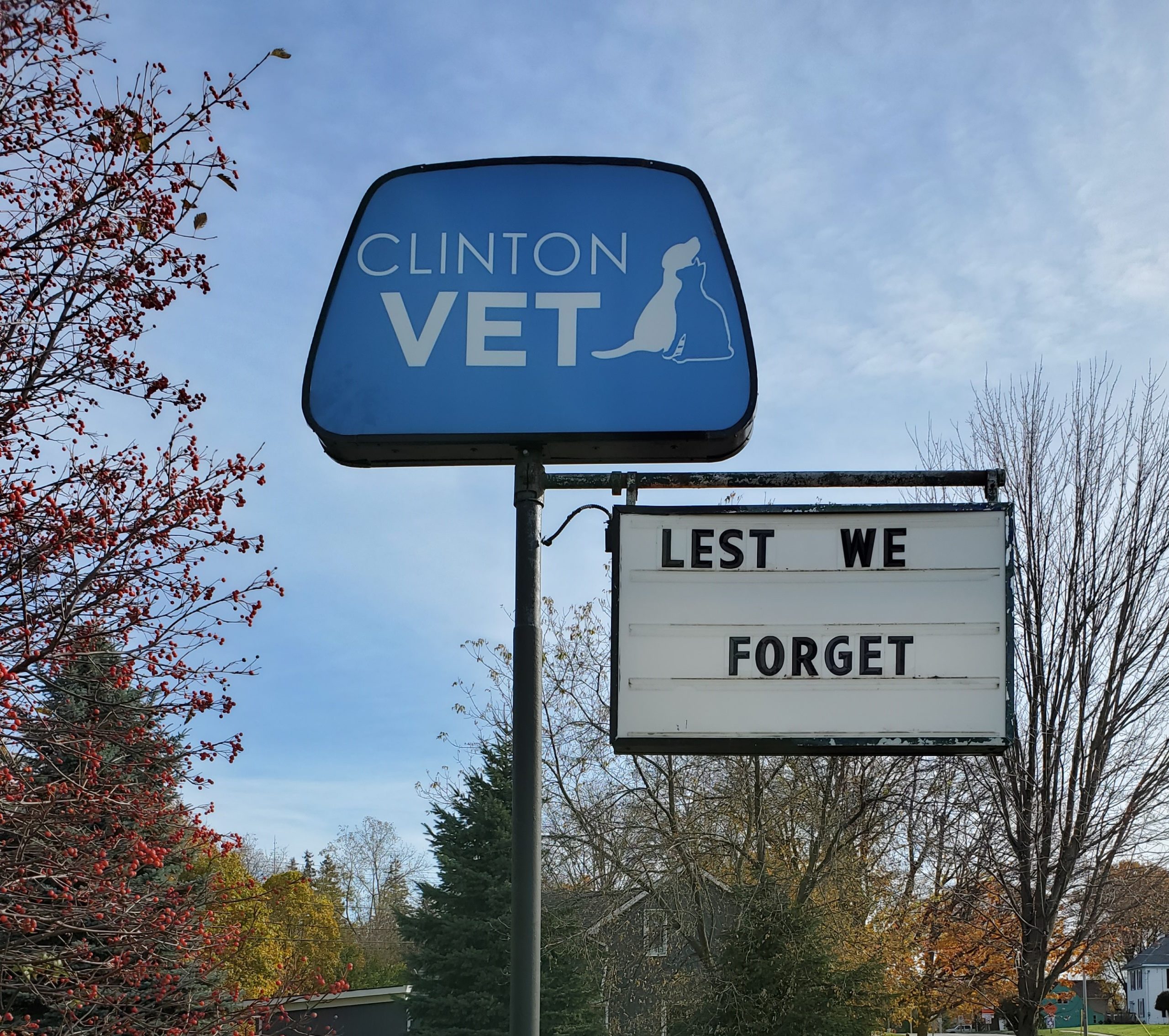

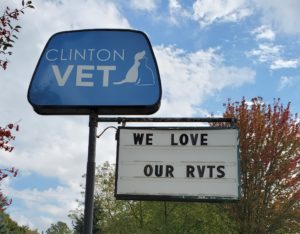
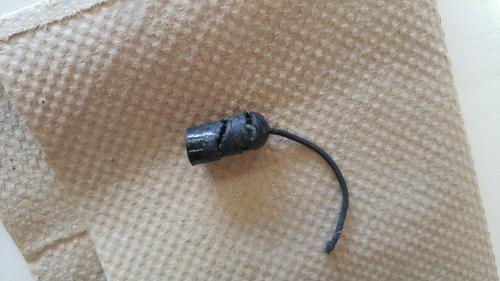












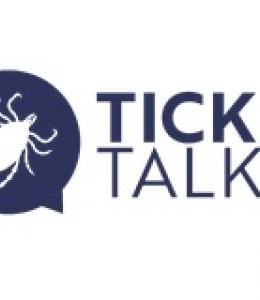

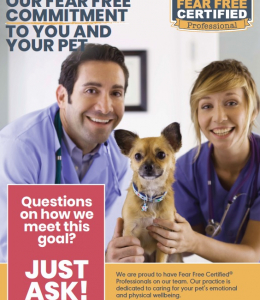

Recent Comments